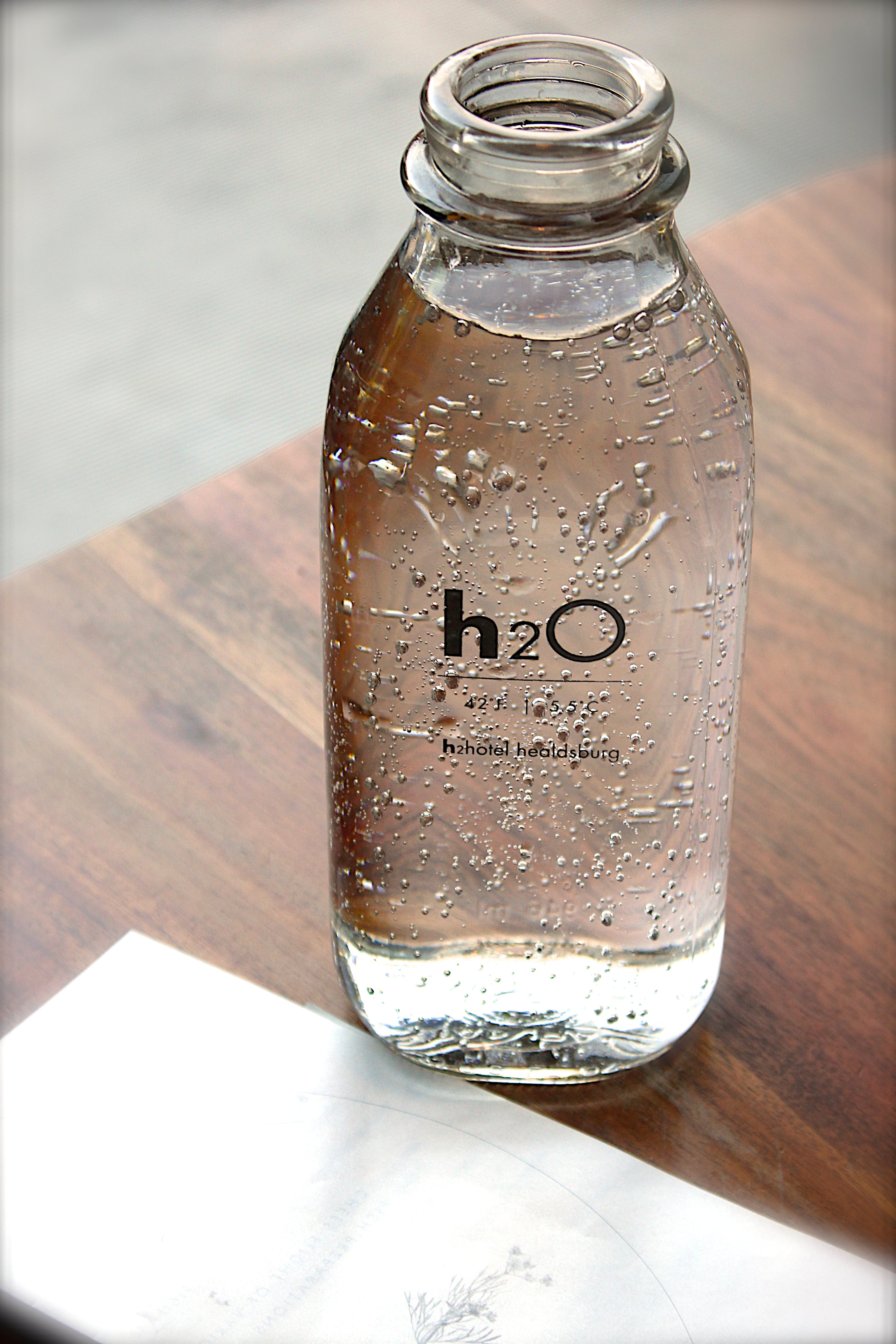
Hydration For All
A new study suggests that people who aren’t well-hydrated when they have a stroke are about four times more likely to have a worse outcome than people who’ve had more fluids.
Researchers found that the effects of a stroke got worse or stayed the same in 42% of dehydrated patients after hospitalization for their stroke. Now, compare that to the fact that only 17% of patients who were considered hydrated got worse or stayed the same. This means that 83% of the hydrated patients got better after the stroke.
The exact cause is not confirmed but it is hypothesized by the author of the study, Dr. Bahouth from John Hopkins University,is that stroke outcomes may be worse among dehydrated patients because their blood may be thicker than patients with adequate body fluid levels.
Bahouth Said…
“I think we had a hunch … that hydration would be a key feature for stroke patients,” “So it’s not too surprising, but it’s just the beginning. Now we need to figure out what to do with the [findings].”
More than 795,000 Americans have a stroke every year, according to the U.S. Centers for Disease Control and Prevention. The vast majority of strokes occur when a blood clot blocks blood flow to a portion of the brain. Strokes kill nearly 130,000 annually in the United States, according to the CDC.
Bahouth and her team collected data from nearly 170 people who had clot-related (known as ischemic) strokes at Johns Hopkins Hospital during a nine-month span. About 44 percent of patients were found to be dehydrated, based on results of two tests of hydration levels.
The researchers used MRI scans to monitor brain damage from the stroke. They also tried to factor out possible effects from age and other variables. Even after adjusting the data, the investigators found that dehydration was still more likely to lead to worse outcomes.
Bahouth said that prior research found that about 60 percent of people are dehydrated when they have a stroke, but it’s not clear why. While seniors tend to be more dehydrated than younger adults for a variety of reasons — including a diminished sense of thirst — patients in Bahouth’s study averaged in their 60’s, which is “still fairly young,” she said.
Dr. Paul Bendheim, a clinical professor of neurology from the University of Arizona College of Medicine in Tucson, said there are no hard-and-fast rules for staying well-hydrated, despite recommendations to drink eight glasses of water each day or similar advice.
Anyone who has spent time in my clinic knows that the old 8 glasses of water thing is not used here in this clinic. A much better rule is to take your weight, divide it by 2 and that is the number of ounces that you should drink. For example: If you weigh 150 pounds, divide 150 by 2 and you get 75. Therefore that person should be drinking 75 ounces of water a day or about 9 glasses of water.
Future Research
will examine how to best re-hydrate patients after a stroke occurs and if doing so could improve longer-term outcomes, Bahouth said.
Bahouth cautioned that anyone who thinks they might be having a stroke shouldn’t try to drink anything since brain damage might make it difficult for them to swallow correctly. That could cause them to inhale fluid into the lungs.
Besides, if they are already having the stroke, there won’t be enough time for the water to be absorbed by the body so it can do any good.
Recent Comments